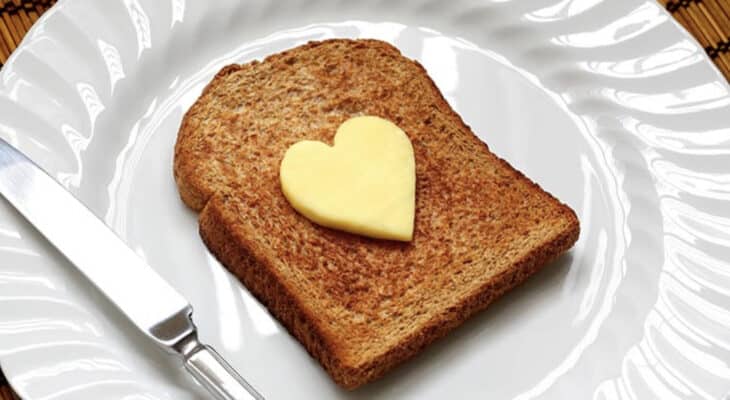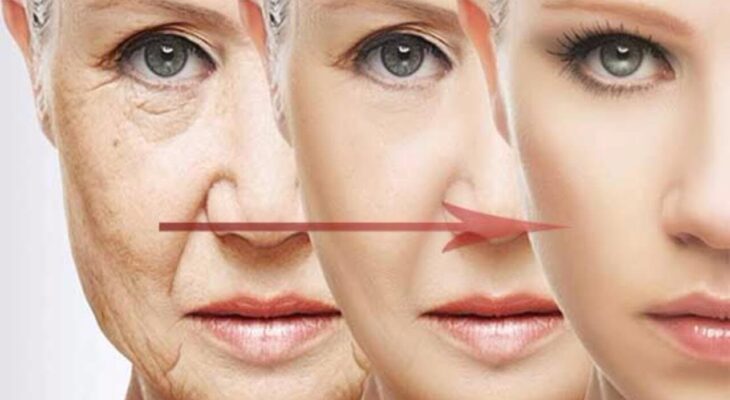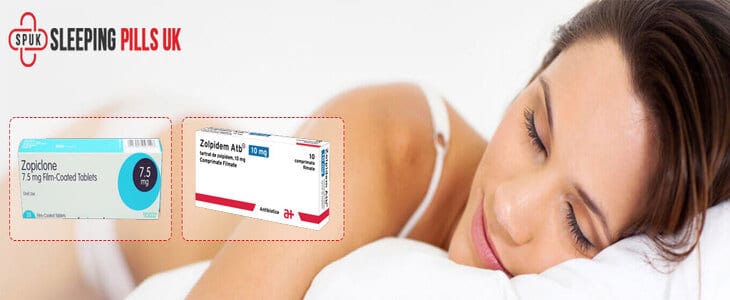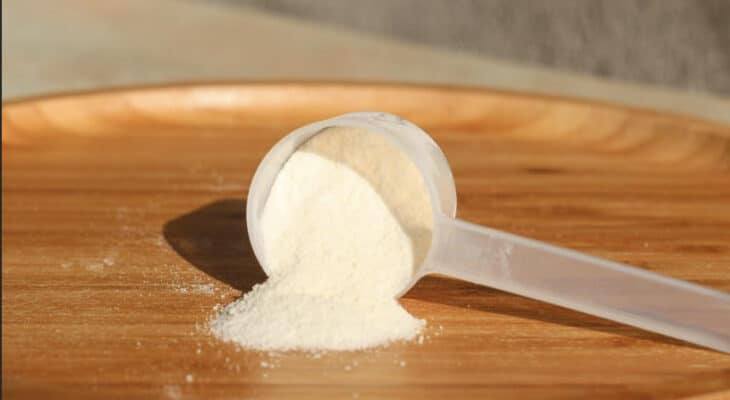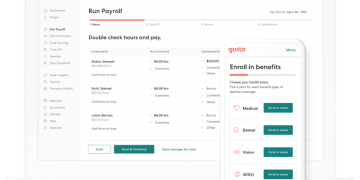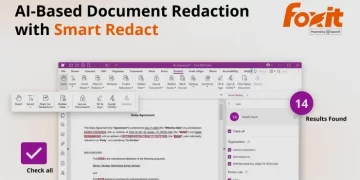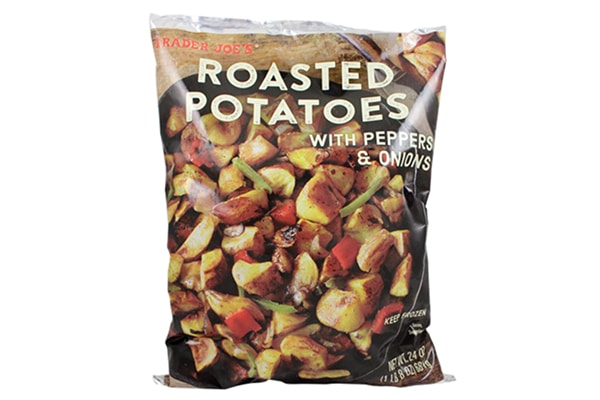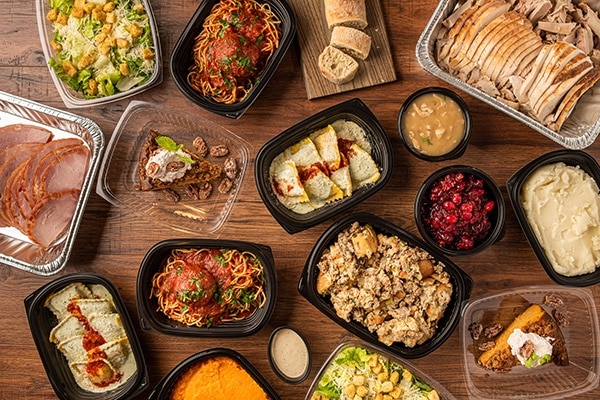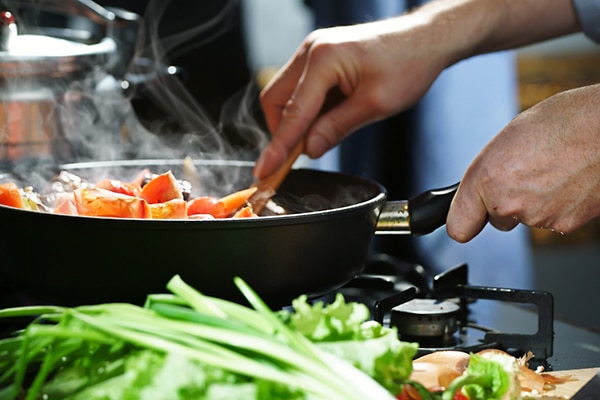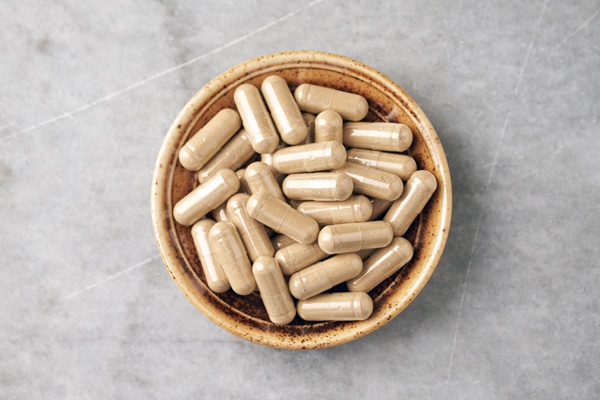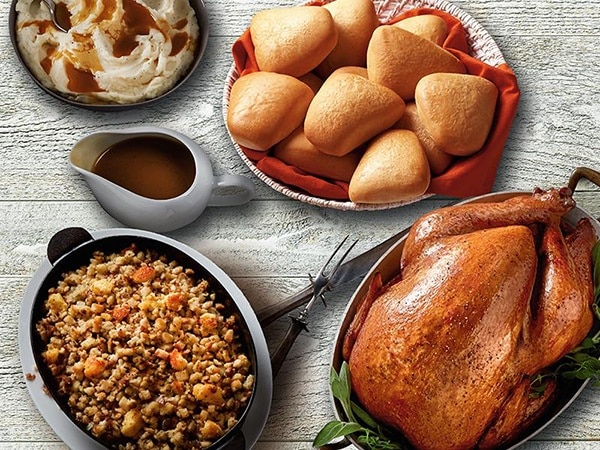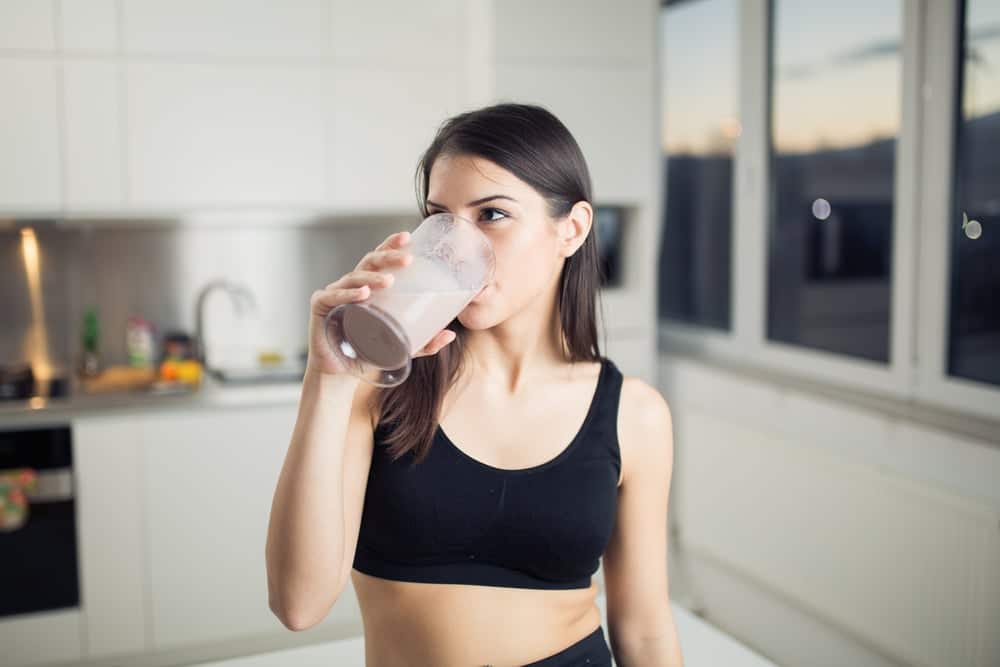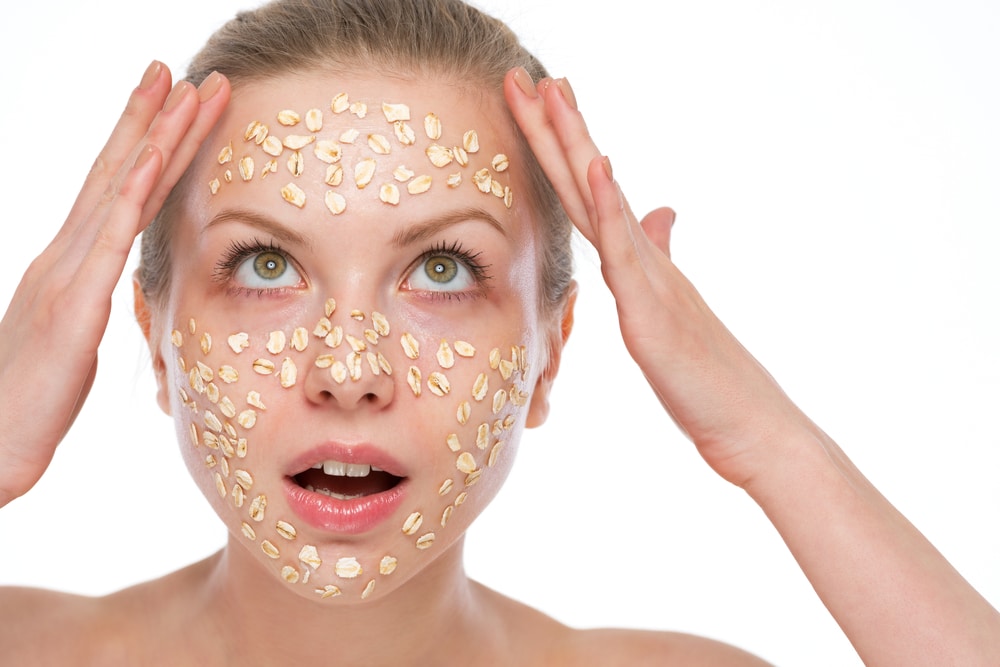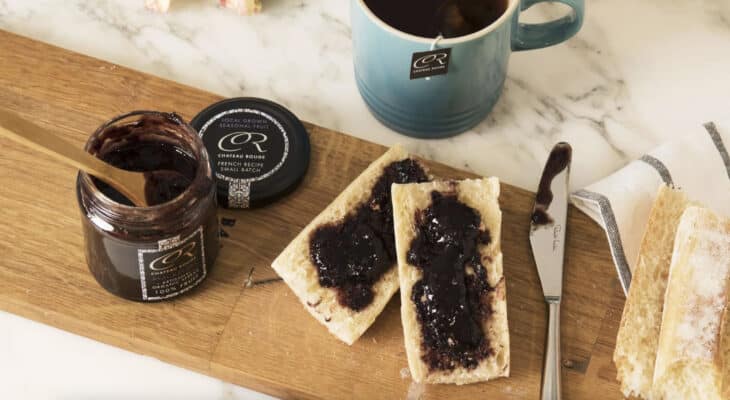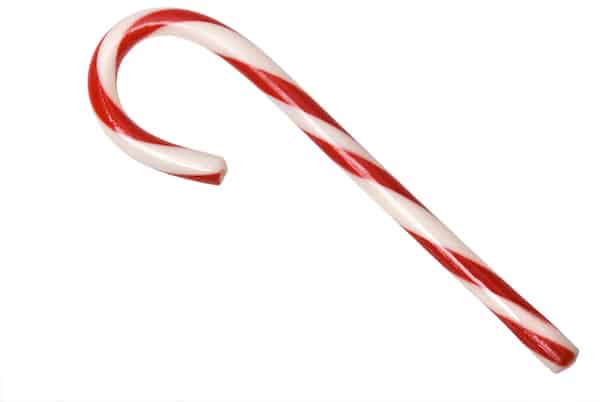Java. Joe. Cuppa. Jitter juice.
Whatever you call it, there’s a good chance you may be one of the 66 percent of Americans who drink coffee.
With most coffee drinkers averaging about three cups a day, that adds up to more than 500 million cups of coffee every single day!
However, if you also happen to be one of the many individuals looking to limit your carbohydrate intake to help you meet your weight loss goals, you may be wondering if you can still keep drinking your precious cuppa joe when you’re trying to cut back on carbs.
Does Coffee Have Carbs?
How does coffee rank on the carb meter? Very, very low — if, that is, we’re talking about a cup of black coffee.
Of course this all changes the minute you start adding cream, sugar, whipped cream with sprinkles, and caramel drizzle.
How Many Carbs Are in Coffee?
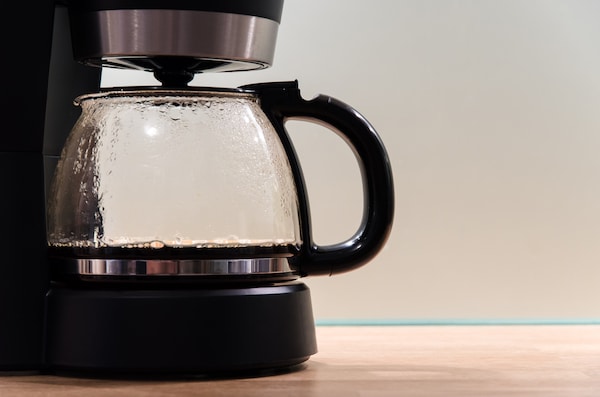
Let’s start simple.
A 12-ounce cup of black coffee — the average small cup at most coffee shops — has less than one gram of carbohydrates.
Of course, if you’re using an extra large mug or regularly downing multiple cups, that number of carbs will edge slightly north.
Still, compared to other traditional breakfast foods, it’s negligible: A bagel clocks in at 55 grams, a small banana has 23 grams, and even an 8-ounce cup of orange juice has 27 grams of carbohydrates.
Fun fact: Caffeine doesn’t impact carb count so whether you drink regular or decaf, the carbohydrates in a cup of black coffee will be the same.
If you’re ordering something other than black coffee or espresso at your local coffee shop, there’s a good chance your carb consumption will be higher.
Black coffees, Americanos, and espressos all contain less than 1 gram of carbohydrates, but lattes, mochas, and cappuccinos all bump up that count.
Compare these tall (12-ounce) coffee drinks from Starbucks, all made standard with 2 percent milk:
- Cappuccino, 10 grams of carbs
- Latte, 15 grams of carbs
- Mocha, 33 grams of carbs
- Caramel Brulee Latte, 46 grams of carbs
Can You Drink Coffee On A Low-Carb Diet?
So can you enjoy coffee on a low-carb diet?
Yes, says Martha L. Lawder, M.S. R.D.N., a registered dietitian and coffee lover — especially if it’s black coffee, espresso, or an Americano.
If you’re in the habit of adding extras to your cup of joe, be mindful, says Lawder.
This is especially important when looking at creamers, which range from simple half-and-half to nut-based milk alternatives to highly flavored nondairy creamers — all with their own carb counts that can vary wildly.
When looking on the nutrition facts panel, don’t just focus on total calories, says Lawder, since this includes protein and fats as well.
“Under ‘Total Carbohydrate,’ look for ‘added sugar,’ because this lets you know if the carbohydrate comes from nutritious milk sugar or if it comes from non-nutritious added sugar,” Lawder explains.
The Best Coffee to Drink on a Low-Carb Diet
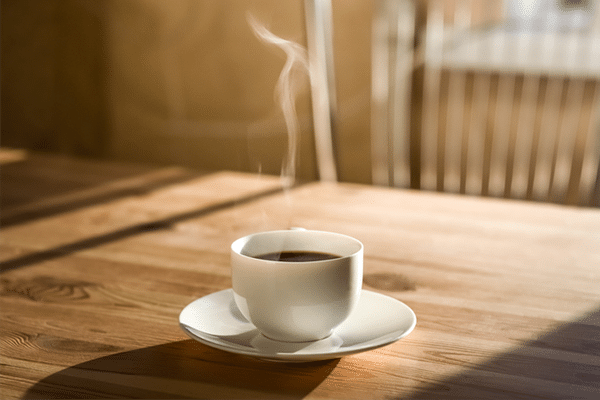
If you want to enjoy your coffee and you’re watching your carbs black coffee is your best bet, says Amanda A. Kostro Miller, R.D., a licensed dietitian nutritionist and member of the advisory board for Healing Daily.
“Keep in mind that creams, foam, milk, sugar, honey, syrup, juices, and other flavorings can all add carbohydrates,” Miller repeats.
She recommends these low-carb-friendly coffee options that are very low in carbohydrates:
- Unsweetened iced coffee, plain
- Nitro cold brew, plain
- Cold brew coffee, plain
- Espresso
- Blonde roast, plain
The Bottom Line
Coffee can definitely be a part of a low-carb diet. Just be careful about adding anything else into your cup besides the coffee.



